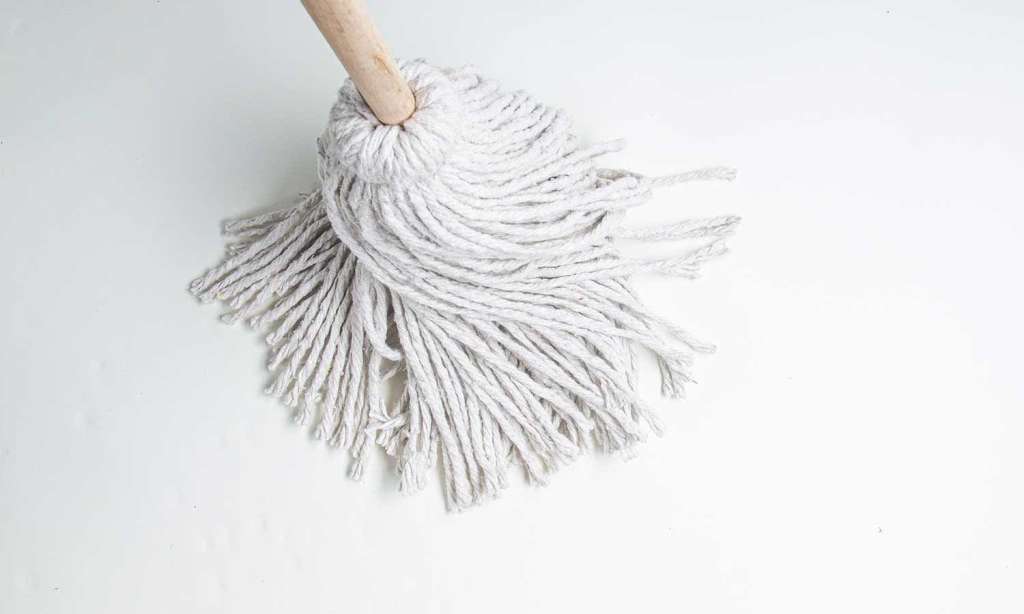In a time when many of us aren’t allowing visitors into our homes in an effort to maintain social distancing and stop the spread of coronavirus, the question must be asked: Should you cancel your in-home cleaning services?
Domestic cleaning is considered an essential service, and as long as both the cleaner and household feel comfortable with having domestic services carried out, it is not necessary that you cancel — so long as all parties feel comfortable with the decision.
The Victorian Department of Health and Human Services says: “You shouldn’t let anyone outside your immediate household group come into your home, unless you really need help – and it can only be done in person.”
If you decide to cancel your domestic services, might we suggest paying your cleaners anyway? Whether an act of goodwill for a long-standing employee or as something of an IOU for the future, keeping as many people employed in these uncertain times is key for both a worker’s livelihood and the success of small businesses in the future.
If you do choose to proceed with your in-home cleaning service, there are a few updated considerations you must take to prevent the spread of coronavirus.
As the employer
As the employer, you have a duty of care to protect workers who enter your home. Remember, your home is considered a workplace to a cleaner, nanny, gardener, or any other essential service worker who carries out their job in your place, and you must take extra precautions to ensure you maintain a safe space for the worker.
Provide safe and sanitary equipment
Safe Work Australia recommends employers provide the cleaner with an alcohol-based hand sanitiser that they can use after entering the home and throughout the clean.
You may also ask that your cleaner clean and disinfect all equipment before using it at your place, but if it makes you feel more comfortable, you can also request that your cleaner use your equipment like vacuums, mops and dusters.
Before your cleaner comes, you must dispose of or wash up any items with bodily fluids, such as used tissues or used cutlery, and it’s good practice to take your own rubbish out before their arrival.
Keep your distance
Social distancing laws apply in the home, and while a cleaner is at your place, everyone should maintain a distance of 1.5m at all times.
While the cleaner is over, give them the space to do their job properly. Use the time to exercise and take a walk or jog around the block to avoid breathing in chemicals and overcrowding small spaces.
If possible, request a contactless payment method that involves no exchange of cash.
As the cleaner
It’s not quite ‘business as usual’ right now; there are extra precautions that need to be taken as the cleaner to protect both yourself and the households you enter.
Ask ahead
Before going ahead with a scheduled clean, the cleaner should ask the client about the health of all residents in the house.
Ask if any resident has been recently diagnosed with COVID-19, has been displaying symptoms, are awaiting results, has been in contact with a suspected or confirmed case, or has travelled overseas recently and are in isolation.
If the answer to any of the questions above is “yes”, the cleaner should not enter the home and carry out their duties at this time.
Consider increased control measures
Safe Work Australia recommends changing the types of cleaning products used, if current products do not disinfect against viruses. Disposable cleaning equipment where possible is also best, but washing clothes and equipment after each use is key.
Particular attention should be paid to high-touch areas like door handles, light switches, sinks, and benchtops, and gloves and a mask will do well to help keep surfaces sanitary.
“You should also discuss and agree with your client how your worker will clean up after they have performed their tasks. For example, it may be appropriate for your worker to disinfect where they have been in the home,” the governing body says.
Need more information?
Safe Work Australia has published a comprehensive guide for approaching in-home services in the time of the COVID-19 pandemic.
The page comes complete with draft scripts for worker-employer correspondence ahead of services, and contains other helpful resources for both cleaners and homemakers.
The current health crisis is evolving rapidly. If you suspect you or a family member has coronavirus you should call (not visit) your GP or ring the national Coronavirus Health Information Hotline on 1800 020 080.
Read more stories from The Latch and follow us on Facebook.

